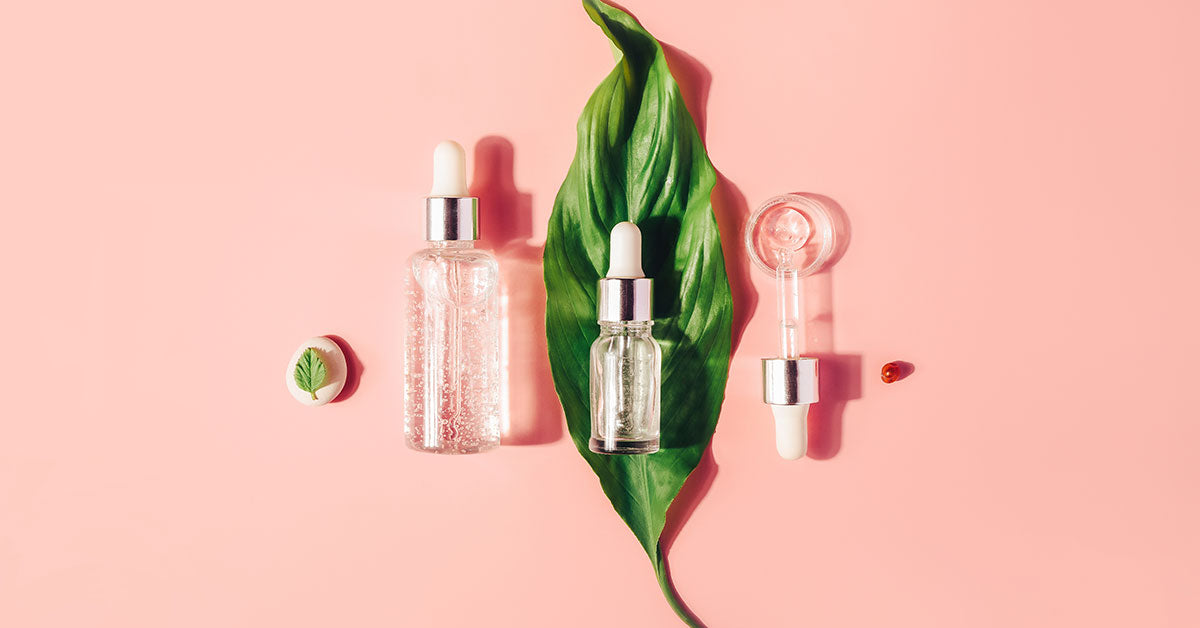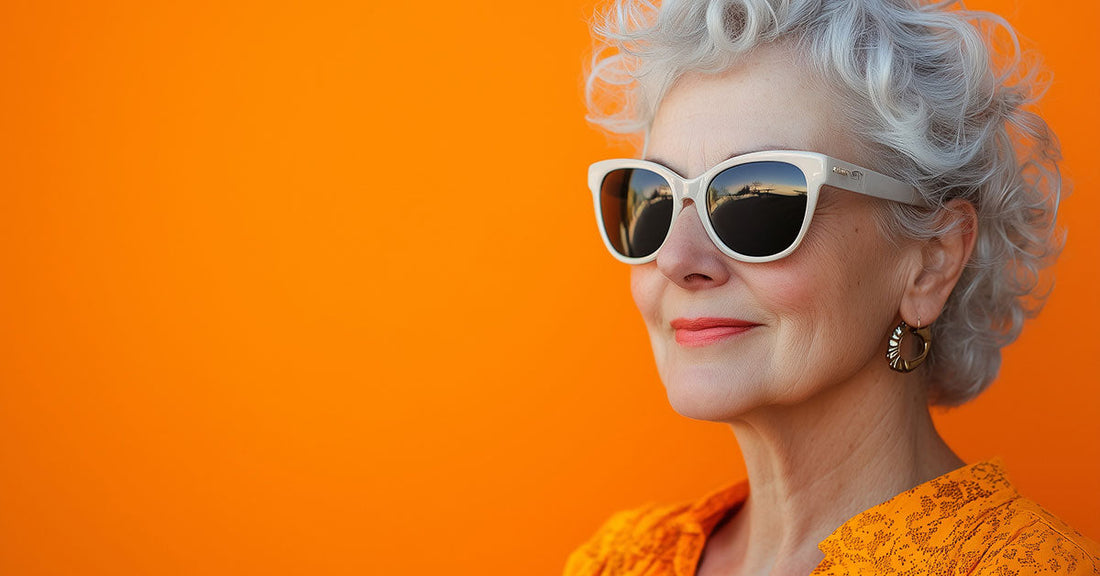The top ingredient recommended by dermatologists is SPF. Number two on the list is retinol.
Retinol is a type of multitasking product that helps with an array of skin concerns ranging from pigmentation and wrinkles to acne and more.
However (remember, there's always a bug), retinol may also be an irritant and increase your skin's sensitivity to the sun. Because of this, it's recommended you add it to your skincare routine with some knowledge and preparation. Once you get to know the product, how to use it, and what it can do, it's your ticket to clear, youthful-looking skin.
What Can Retinol Do?
Retinol has several uses. It's beneficial against problems like acne and can target areas of pigmentation. It will also reduce signs of aging and sun damage.
Your collagen production and cell turnover will slow down as you get older. When you apply retinol topically, it helps to bring your skin cells and overall function to a more youthful state.
Retinol works by increasing the speed of cellular turnover, which helps reduce breakouts and keeps pores unclogged. It also helps to improve skin brightness and texture while reducing fine lines. Retinol can increase collagen production in your dermis to provide much-needed anti-aging benefits.
Specific benefits offered by using retinol include:
Improves the Presence of Acne
Retinol is extremely effective when treating both non-inflammatory and inflammatory acne. It's also been proven to help reduce the visibility of pimples and stop new ones from forming.
It does this by encouraging cell turnover. Acne develops when dead skin cells and oil starts collecting inside the hair follicles present on your face. When you apply retinol, the cells are eliminated and replaced faster.
It also reduces oil production. Reduced oil production keeps oil from blocking the pores and works to prevent acne.
Anti-Aging Benefits
Retinol works as an anti-aging treatment in three main ways. It helps reduce the presence of wrinkles and fine lines, reduces the possibility of sun damage, and eliminates dark spots.
Collagen is a type of protein that is made by your body. It helps to keep your skin looking smooth and young. Fine lines and wrinkles are reduced as collagen production increases. Retinol helps to reduce the appearance of wrinkles and fine lines by increasing total blood flow to your skin. This increases collagen production and improves the appearance of wrinkles by helping to thicken the inner layer of your skin.
It helps with dark spots and sun damage cases by encouraging cell turnover and helping you eliminate discolored cells. However, retinol will also make you more susceptible to serious sun damage. Due to this, it's a good idea you only use retinol products at night, along with sunscreen in the morning, even if you plan to stay indoors.
If you use retinol for its anti-aging benefits, ongoing use is recommended. Retinol needs to be a continual process because you are working to reduce the impact of aging. It will assist with wrinkles, fine lines, and sunspots, which means it's something you should continue using. You may have to use the product consistently for three to six months to see any improvements in your wrinkles.
Brighten Dull Skin
Retinol can help brighten dull skin. This may be caused by several issues, including sun damage, stress, pregnancy, bad lifestyle habits, drinking alcohol, smoking, and other sources of pollution. Retinol will calm down your skin cells responsible for producing melanin, which is a dark pigment. These are the cells that cause skin conditions, such as melasma. If this happens, your skin will appear discolored. Applying retinol encourages the skin cells to turn over, which helps the skin look brighter and become healthier.
Who Should Use Retinol?
Almost anyone can benefit from a retinol product. The exception is individuals with extremely sensitive skin or rosacea. If you are dealing with wrinkles, fine lines, or acne, retinol is a great product to add to your skincare routine.
Will Skin Get Used to Retinol?
When you first start out with retinol, you should start slow. For those new to the product, the adjustment period may include redness, dry patches, mild flaking, and purging, which means the skin will look worse before it gets better. A good way to start using retinol is by applying it three times per week and then increase to once every other day.
When and Where to Apply Retinol?
It's best to introduce retinol to your skincare routine is slowly. You can reduce cases of flaking, dryness, and redness if you build up your skin's tolerance. Try to limit your use of the product to just one or two times a week at first. As your skin acclimates to the product, you can increase frequency.
When applying retinol at night, just use a pea-sized amount to clean and dry skin. Make sure to avoid your eye area. For the best results, wait about 30 minutes before you apply any other skincare products.
If you use retinol, you should skip other exfoliators, such as the popular AHAs and BHAs. If you double up on these products, it can compromise your skin. That's because combining retinol and acids will cause serious cases of irritation. Be sure to use one or the other for the best results.
When you start using retinoids, be sure you also use SPF. Today's retinoid products will increase cell turnover, making your skin thinner – temporarily, and more fragile. They also increase the photosensitivity of your skin. Be sure to use a broad-spectrum sunscreen in the morning to ensure your skin has the protection it needs.
The Takeaway
As you can see from the information above, retinol offers several skincare benefits. However, it may also be irritating and drying for individuals with sensitive skin. If this happens, use a product with lower levels of retinol and only use it a few times per week. As your skin gets more tolerant, you can increase the frequency and use a product with a higher concentration of the retinol inside.





